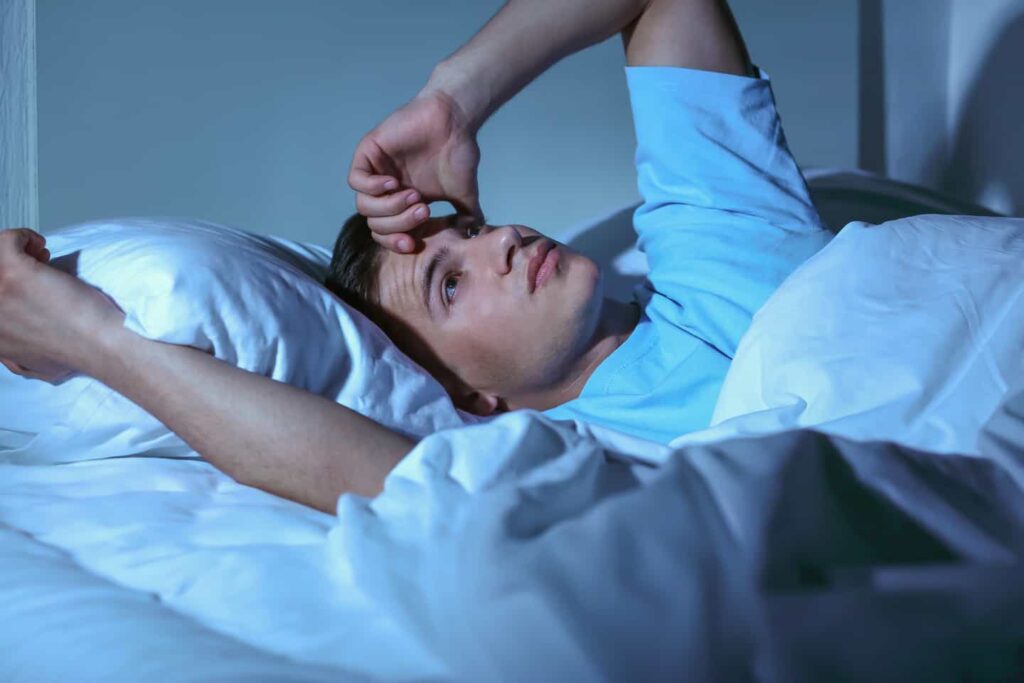Effective Solutions for Managing Sleep Disorders
Sleep disorders encompass a range of conditions that affect the quality, timing, and duration of sleep, leading to daytime distress and impaired functioning. Common sleep disorders include insomnia, sleep apnea, restless legs syndrome, and narcolepsy. These conditions can significantly impact physical health, mental well-being, and overall quality of life. At Serene Mynd Psychiatric, we understand the importance of healthy sleep patterns and offer comprehensive treatment options to help you achieve restful and restorative sleep.
Treatment Options:
Medications
- Sleep Aids: Prescription medications, such as benzodiazepines and non-benzodiazepine hypnotics, can help manage insomnia and other sleep disorders.
- Melatonin Supplements: These can be effective for regulating sleep-wake cycles, particularly in cases of circadian rhythm disorders.
Psychotherapy
- Cognitive Behavioral Therapy for Insomnia (CBT-I): This evidence-based therapy focuses on changing thoughts and behaviors that contribute to sleep problems, promoting healthier sleep patterns.
- Relaxation Techniques: Techniques such as progressive muscle relaxation, guided imagery, and mindfulness meditation can help reduce anxiety and improve sleep quality.
Lifestyle Changes
- Sleep Hygiene: Establishing a consistent sleep schedule, creating a comfortable sleep environment, and avoiding stimulants like caffeine and electronics before bedtime can enhance sleep quality.
- Regular Exercise: Physical activity can promote better sleep, but it’s important to avoid vigorous exercise close to bedtime.
- Healthy Diet: A balanced diet that includes sleep-promoting nutrients can support better sleep.

Medical Devices and Procedures
- Continuous Positive Airway Pressure (CPAP): For individuals with sleep apnea, CPAP therapy involves using a machine that delivers a steady stream of air to keep the airways open during sleep.
- Oral Appliances: These devices can help manage sleep apnea by repositioning the jaw and tongue to keep the airway open.
Adjunct Therapies
- Light Therapy: Exposure to bright light at specific times can help regulate the sleep-wake cycle, particularly for individuals with circadian rhythm disorders.
- Behavioral Interventions: Techniques such as stimulus control and sleep restriction can help improve sleep patterns and reduce insomnia
